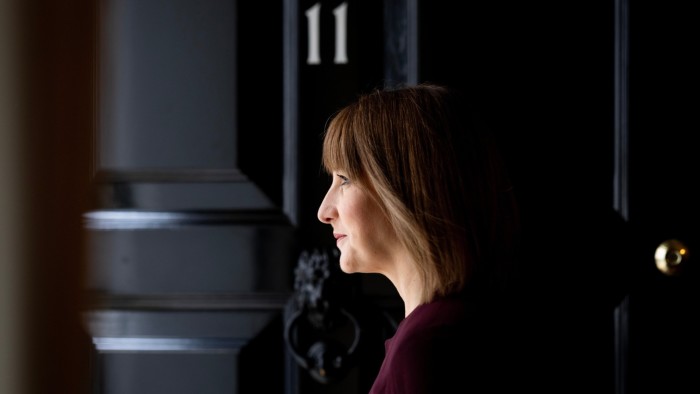The government has given contradictory signals about its vows to spare “working people” from higher taxes as chancellor Rachel Reeves faces questions about how she will fill a deepening black hole in the UK’s public finances.
Darren Jones, chief secretary to the Treasury, on Monday appeared to create room for tax rises in the Autumn Budget as he pledged that the “headline rate” of key taxes would be unchanged, rather than ruling out wider changes.
Reeves gave a broader commitment on Monday, however, as she promised the government would not increase the taxes that “working people pay — their income tax, their national insurance and their VAT”.
Adding to the confusion, ministers offered contrasting definitions of “working people”, sparking a debate over who will be spared from the threat of higher taxes.
“Labour’s manifesto pledge on tax always left room for interpretation, and subsequent references to ‘working people’, ‘payslips’ and ‘those on modest incomes’ haven’t added much clarity to what’s in or out of scope for change,” said Adam Corlett, principal economist at the Resolution Foundation think-tank.
Economists predict the chancellor will need to raise taxes in the Autumn Budget as she faces a fiscal hole of £20bn or more following U-turns on welfare reform and potential downgrades to the Office for Budget Responsibility’s economic forecasts.
But Reeves tied her hands ahead of last year’s general election, ruling out increases to the biggest revenue-raising taxes in Labour’s manifesto — employee National Insurance contributions, VAT and the basic, higher, or additional rates of income tax.
While she and fellow ministers insist they are sticking to the manifesto, the tax pledge is being seriously tested by economic reality.

Speaking to BBC radio on Monday, Jones appeared to indicate the party’s commitments are focused on headline rates of tax.
“We made a very clear manifesto commitment to protect working people in their payslips by not increasing the headline rate of income tax or employee national insurance and not to increase the headline rate of VAT,” he said. “That was a very clear promise coming into the election.”
This could allow the Treasury to keep its standard rate of VAT unchanged at 20 per cent, for example, while broadening the base on which the tax is charged by altering thresholds or reducing the generosity of exemptions from the levy.
Reducing the VAT threshold for businesses over time, from £90,000 to £30,000, could for example raise around £2bn for the government, according to Corlett.
There are growing expectations that Reeves will plug the hole in her fiscal plans by extending the freeze on income tax thresholds and allowances, the so-called “stealth tax” introduced by the Conservatives, beyond 2028.
This too would raise revenue while leaving headline rates of personal tax unchanged.
Reeves decided at last year’s Budget not to extend the freeze, which the Institute for Fiscal Studies said would have raised £9.2bn by the end of this parliament. She said at the time that “extending the threshold freeze would hurt working people”.
Speaking on Monday, Reeves gave a wide-ranging pledge on tax changes. “We’ve been really clear in our manifesto about the taxes that we won’t increase,” she said. “And we’re not going to increase the taxes that working people pay, their income tax, their national insurance and their VAT.”
Other ministers have given conflicting definitions of the people Reeves will seek to protect.
Heidi Alexander, transport secretary, told Sky News on Sunday that “we made a commitment in our manifesto not to be putting up taxes on people on modest incomes, working people”.
Her reference to people on “modest incomes” started a debate about whether she was heralding a tax onslaught on the middle classes.
Jones told ITV that the notion of a modest income “means different things to different people”. The key pledge, he said, was the party’s manifesto commitment to “protect working people’s income through their payslips”.
In her first Budget last October, Reeves increased employers’ National Insurance contributions by £25bn, insisting this did not breach the manifesto commitment — even if the Treasury admitted that working people would end up paying through lower wage rises.
Meanwhile other ministers have declined to close down talk of a “wealth tax”, although experts believe Reeves is more likely to increase rates of existing taxes rather than come up with an entirely new levy.
Shadow chancellor Sir Mel Stride said: “Working people deserve honesty, not a linguistic hokey-cokey every time Labour is asked a straight question.”



